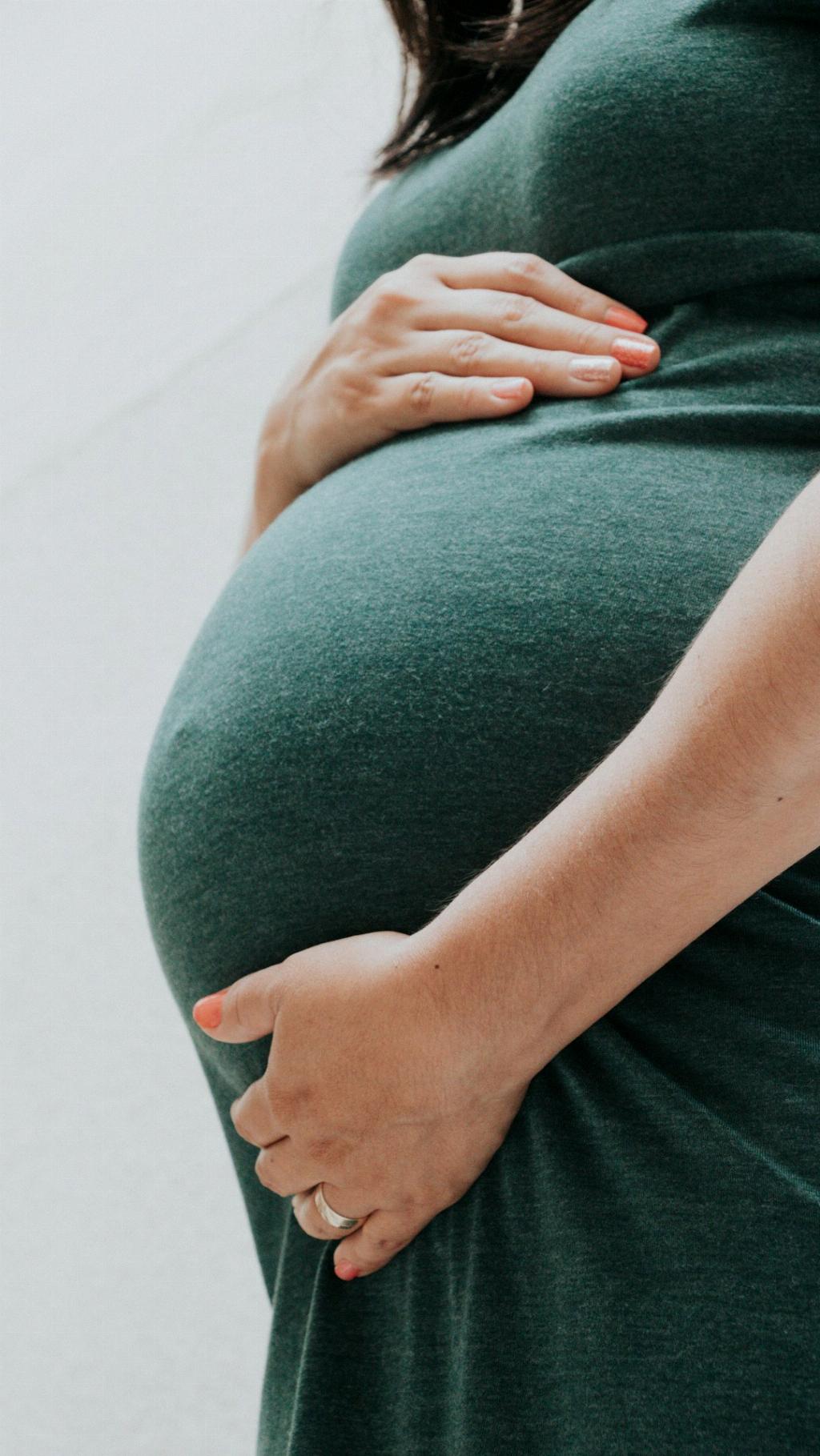When it comes to pregnancy, there are various considerations that need to be taken into account, including the types of beverages consumed. While some drinks are safe in moderation, there are others that should be avoided altogether to ensure the health and well-being of both the mother and the developing baby.
Alcohol:
One of the most important beverages to avoid during pregnancy is alcohol. Consuming alcohol during pregnancy can have harmful effects on the fetus, leading to a range of developmental issues and birth defects. It is recommended to completely abstain from alcohol during this crucial period.
Unpasteurized Milk:
Another drink to steer clear of during pregnancy is unpasteurized milk. Unpasteurized milk may contain harmful bacteria such as Listeria and E. coli, which can pose a significant risk to both the mother and the baby. Opt for pasteurized milk to reduce the possibility of contamination.
Kombucha:
While kombucha has gained popularity for its probiotic benefits, it is best avoided during pregnancy. Kombucha is a fermented drink that may contain trace amounts of alcohol and caffeine, which are not ideal for expectant mothers. It is advisable to opt for other non-fermented beverages.
High-Caffeine Beverages:
Caffeine is a stimulant that can cross the placenta and reach the fetus. While a moderate amount of caffeine is considered safe during pregnancy, consuming high levels of caffeine can lead to issues such as low birth weight and miscarriage. It is best to limit coffee and tea intake.
Herbal Tea:
Although herbal teas are often perceived as healthy options, not all herbal teas are safe during pregnancy. Some herbal teas contain ingredients that could potentially have adverse effects on pregnancy. It is advisable to consult with a healthcare provider before consuming herbal teas.
Sugary Beverages:
Sugary drinks such as sodas, energy drinks, and fruit juices should also be consumed in moderation during pregnancy. These beverages are often high in added sugars, which can contribute to excessive weight gain and potentially increase the risk of gestational diabetes.
Artificially Sweetened Beverages:
Artificially sweetened beverages, while low in calories, may contain artificial sweeteners such as aspartame and saccharin. The safety of these sweeteners during pregnancy is still a topic of debate. It is advisable to opt for beverages without artificial sweeteners.
Fruit Juice Blends:
Fruit juice blends, although marketed as healthy options, often contain high amounts of added sugars. Consuming excessive amounts of fruit juice blends can lead to spikes in blood sugar levels. It is recommended to consume whole fruits instead for a more balanced nutrient intake.
Sports Drinks:
Sports drinks, while designed to replenish electrolytes after physical activity, may be high in added sugars and artificial ingredients. It is important to carefully review the ingredients list before consuming sports drinks during pregnancy and opt for options with natural ingredients.
Conclusion:
While pregnancy is a joyous time, it is essential to be mindful of the beverages consumed to ensure a healthy pregnancy and a strong start for the baby. By avoiding alcohol, unpasteurized milk, kombucha, high-caffeine beverages, sugary drinks, and opting for healthier alternatives, expectant mothers can promote their well-being and that of their developing child.

